
- Article
- Article
The ‘epileptic’ in art and science
From scarred outsiders in literature to the cold voyeurism of medical films and photography, people who experience seizures and epilepsy are rarely shown in a compassionate light in popular culture.
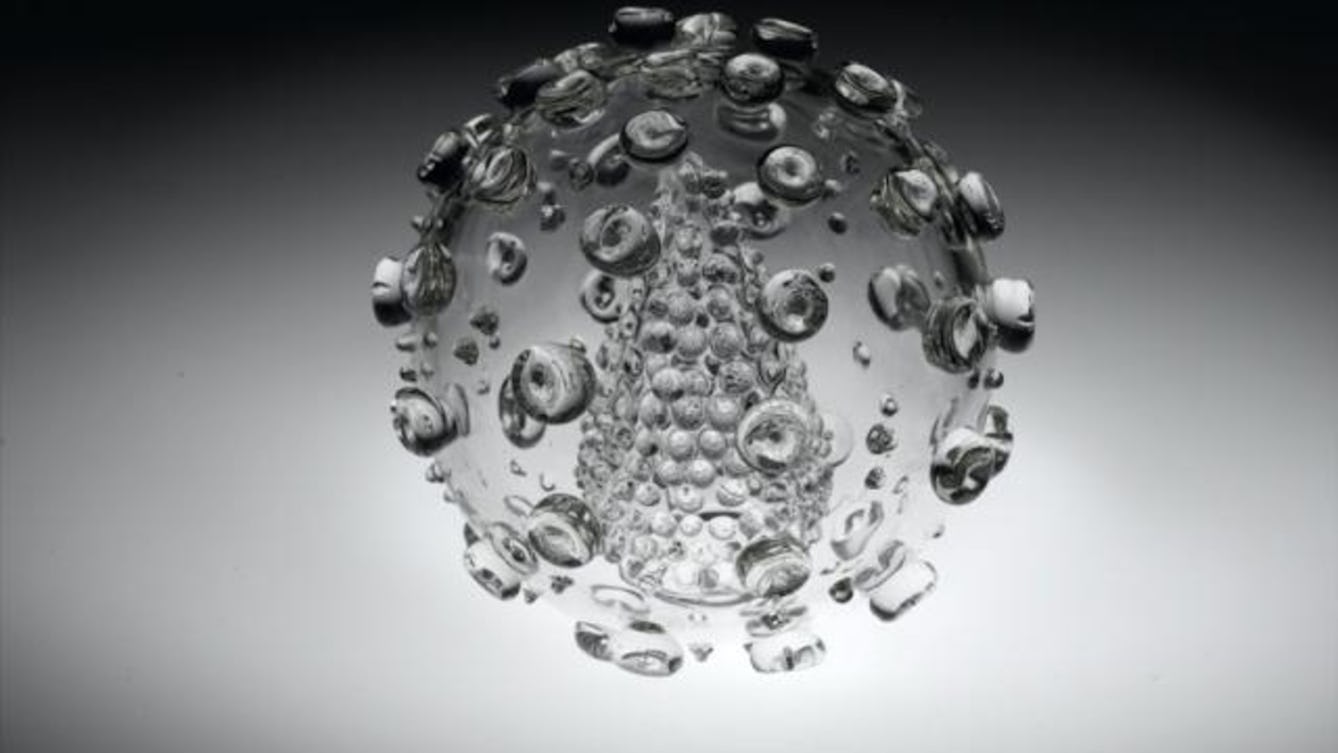
- Article
- Article
The relationship between science and art
Often seen as opposites, science and art both depend on observation and synthesis.
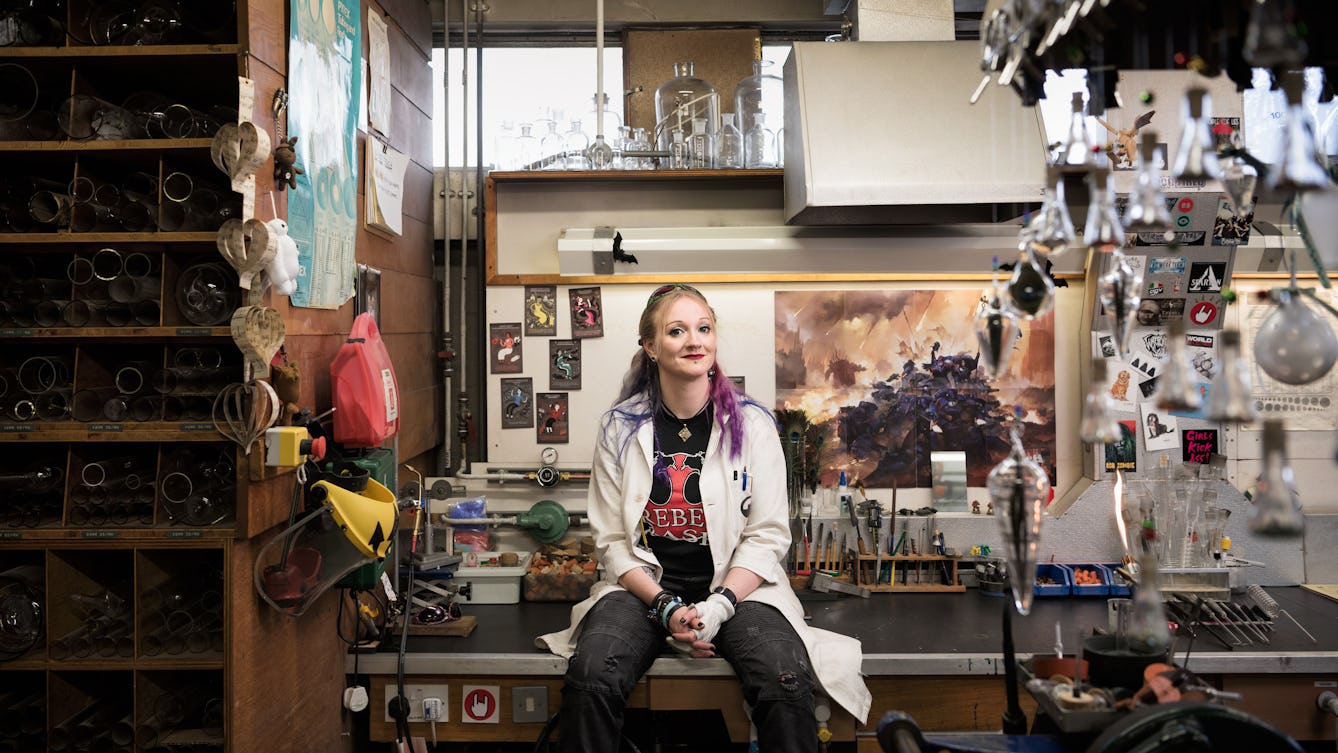
- Article
- Article
The art of scientific glassblowing
Exciting things happen when art, craft, engineering and science collide. Glassblower Gayle Price is proof of that.

- Article
- Article
Tripping for spiritualism and science
Getting high in the name of religion or creativity has been practised for centuries. Now it seems hallucinogenics could help treat mental illnesses too.
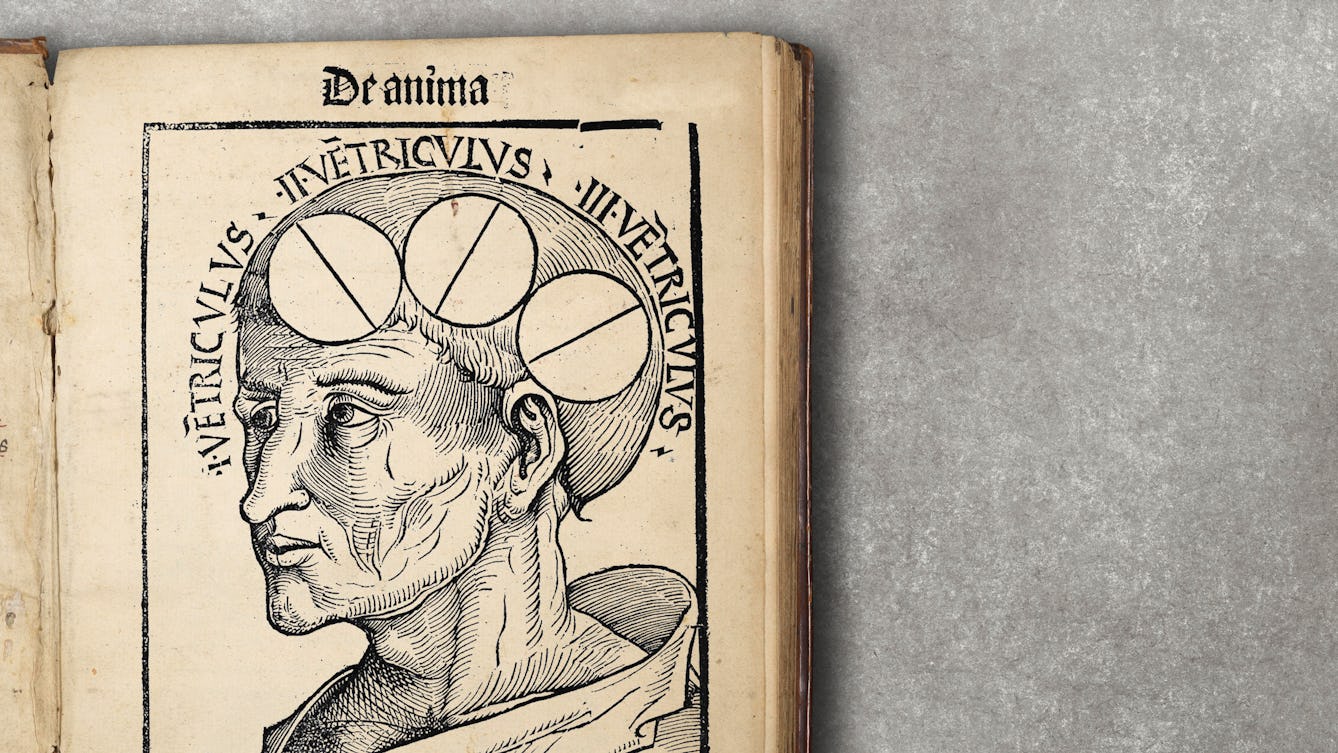
- In pictures
- In pictures
The art of memory
Our ability to recall facts and experiential detail helps us understand, navigate, and make predictions about the world. Julia Nurse explores some of the techniques we have developed to help us to remember.
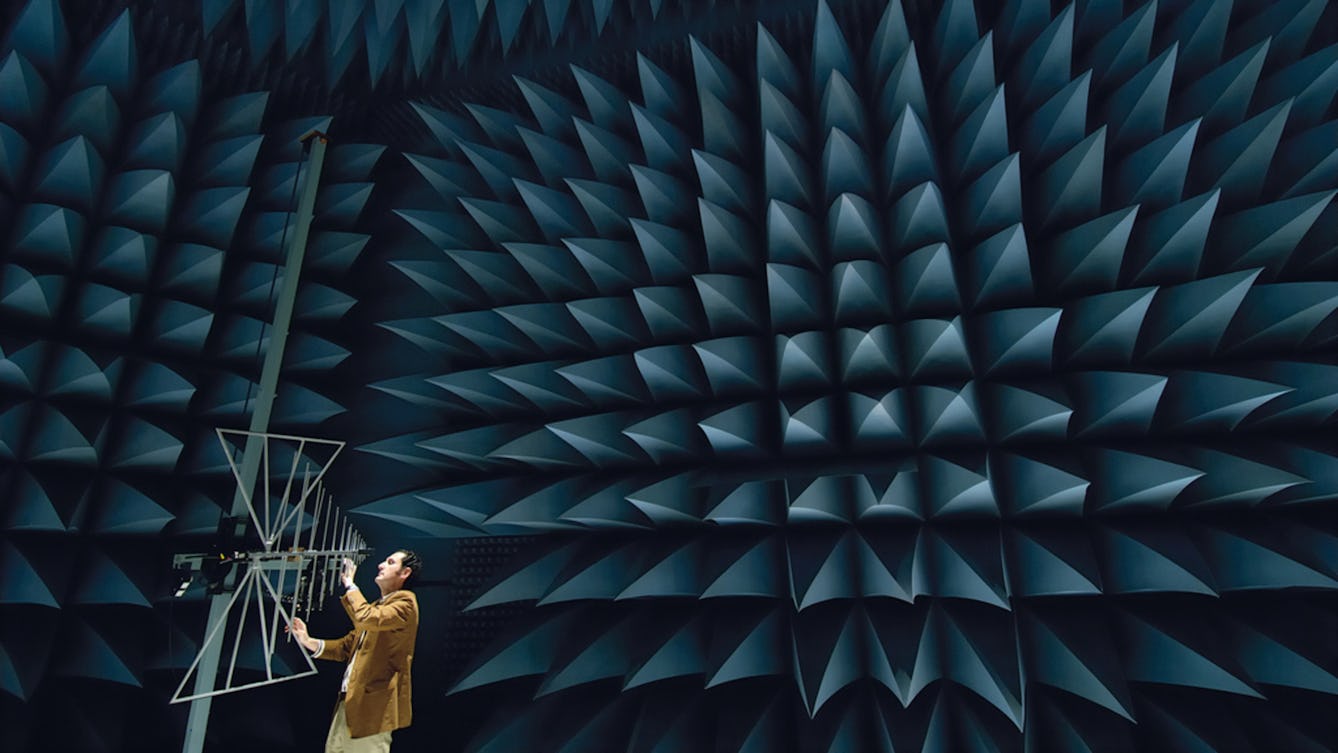
- Article
- Article
The art of soundproof design
Too much noise is more than annoying – it has serious negative effects on health and cognitive ability. Find out how designers and architects are mitigating the downsides of sound.
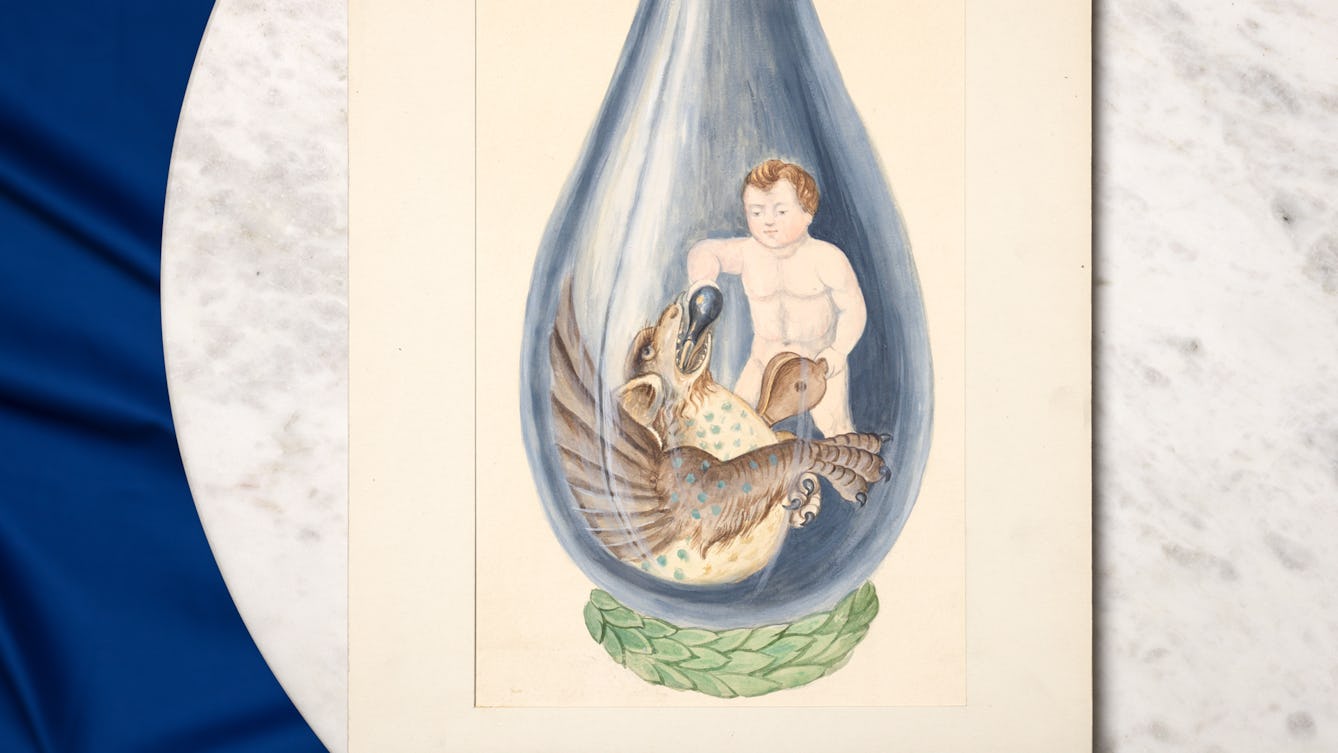
- In pictures
- In pictures
Putti of science
Chubby little winged boys known as putti frequently adorn scientific illustrations. Sometimes portrayed as reverent and sometimes cheeky, they guide our pursuit of knowledge.
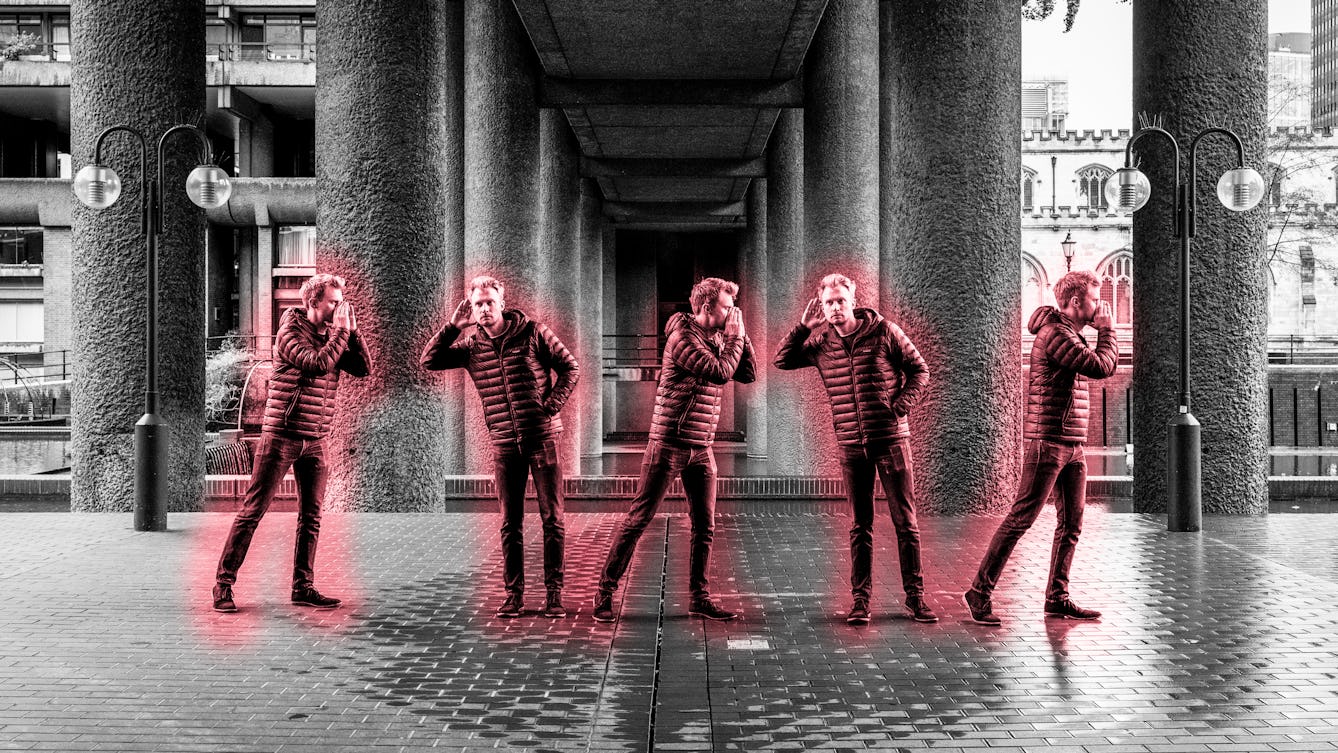
- Book extract
- Book extract
The science of why things spread
From deadly pandemics to viral tweets, Adam Kucharski explores what makes something contagious.
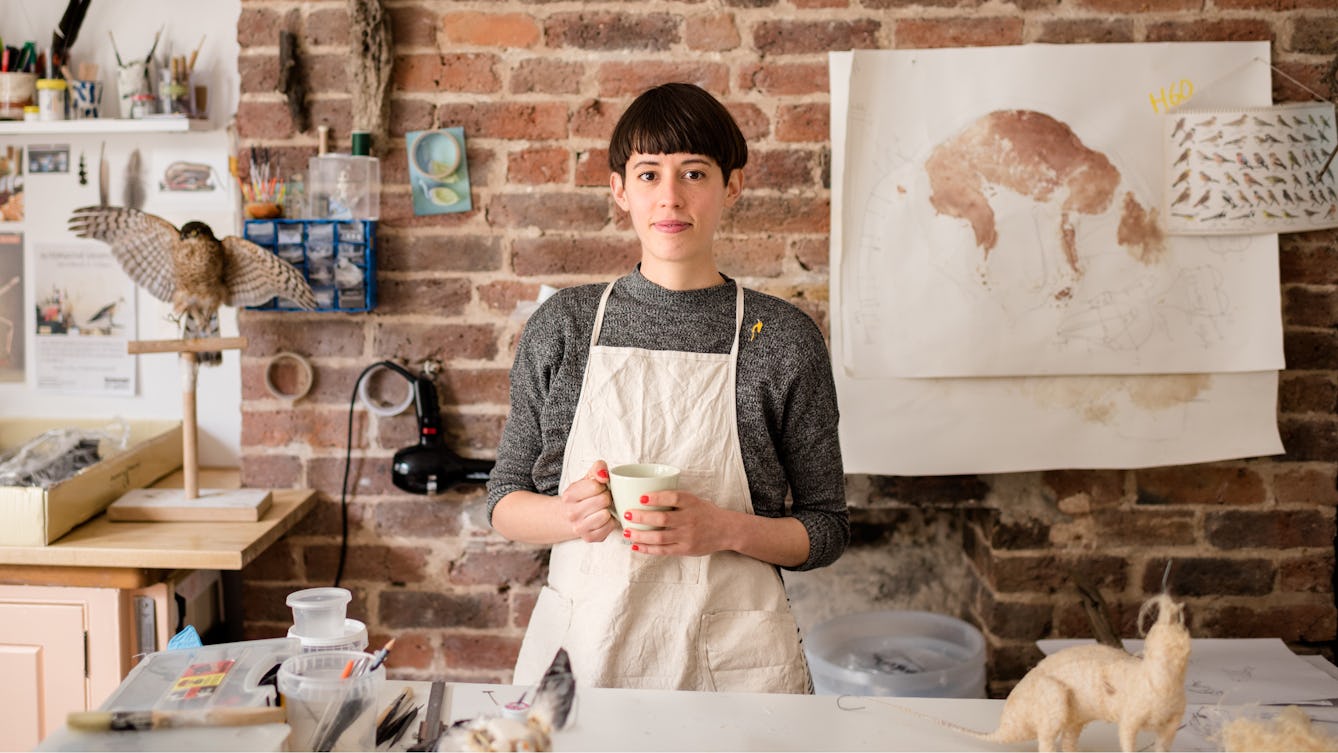
- Article
- Article
The intimate and invasive art of ethical taxidermy
Does displaying dead animals bring us closer to nature, or drive us further apart?

- Article
- Article
Talent, tech and visual art
Jamie Hale finds a combination of talent and technology are crucial when it comes to creating great visual art, but how do you keep working when your circumstances are in constant flux?

- In pictures
- In pictures
The death-defying science of the aeronauts
Air ballooning is not as serene as you might think. Read about the perilous exploits of two early aeronauts who risked life and limb to better understand the science of the weather.
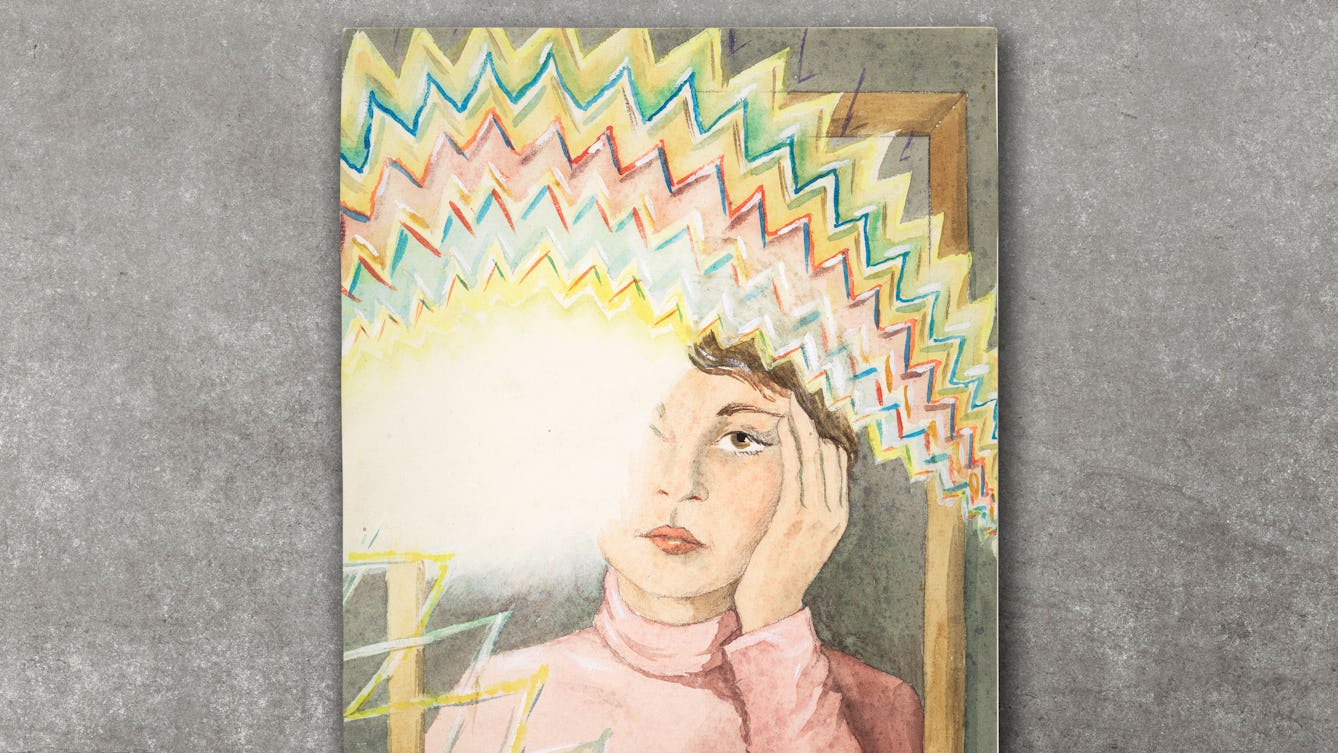
- In pictures
- In pictures
The Migraine Art Competition Collection
The Migraine Art Competition ran for seven years in the 1980s and resulted in over 500 unique and striking works of art that represent what it means to live with migraine.

- In pictures
- In pictures
The lost art of convalescence
The efficacy of antibiotics and the demands of work mean we rarely convalesce after an illness. But in the past it was an important part of the return to health.

- Article
- Article
A history of twins in science
For thousands of years, twins have been a source of fascination in mythology, religion and the arts. Since the 19th century, they have also been the subject of scientific study and experimentation.

- Article
- Article
The unearthly children of science fiction’s Cold War
In the 1950s a new figure emerged in British novels, film and television: a disturbing young alien that revealed postwar society’s fear of the unruly power of teenagers.
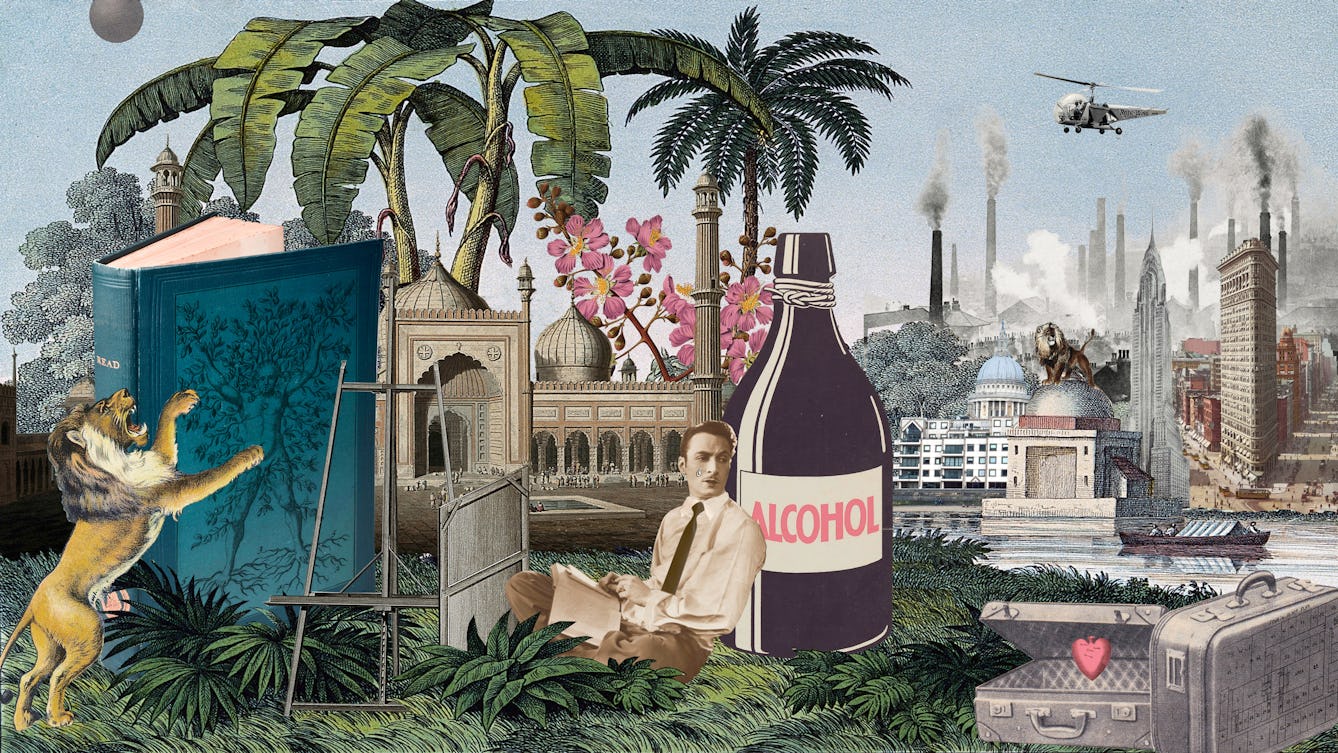
- Article
- Article
How homesickness inspires art
Gail Tolley looks at homesickness through the eyes of three contemporary artists and finds powerful new themes of identity and connection.
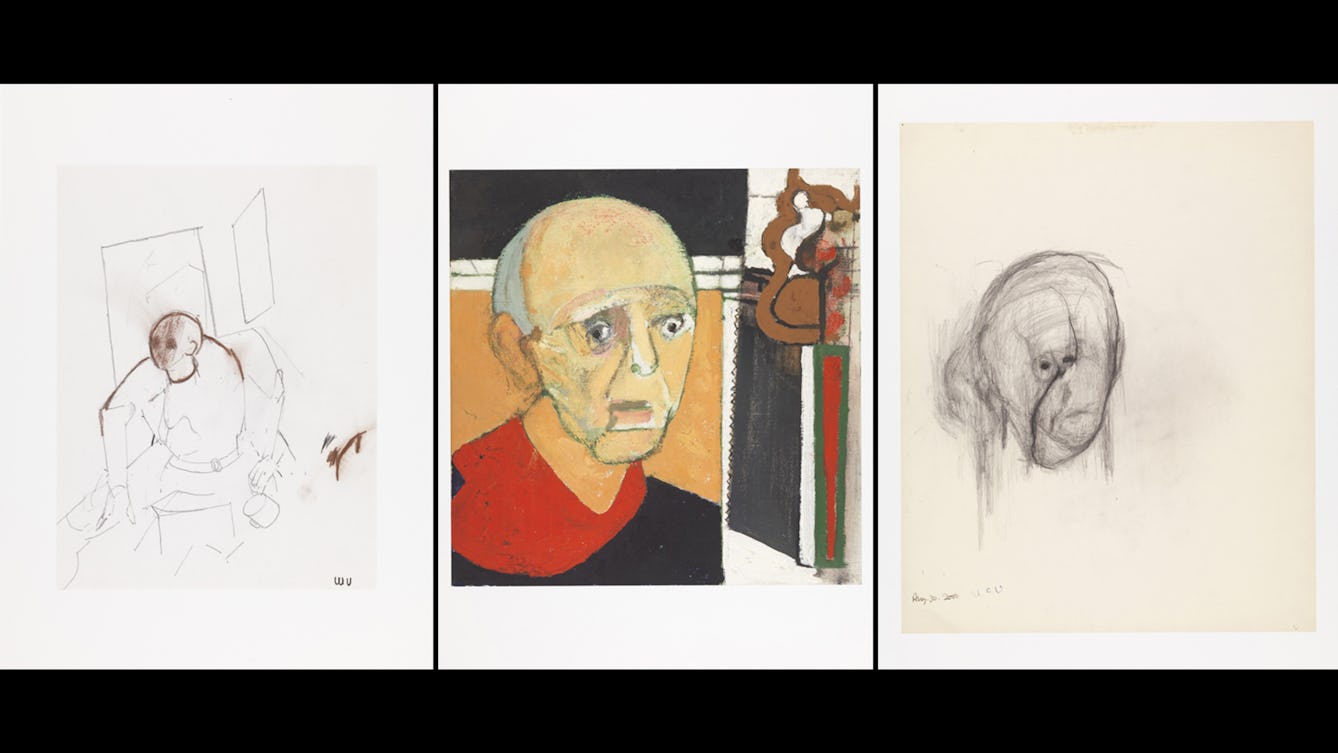
- Article
- Article
The Key to Memory: Use art to articulate
Danny Rees explains what William Utermohlen’s self-portraits can tell us about how and why we remember.
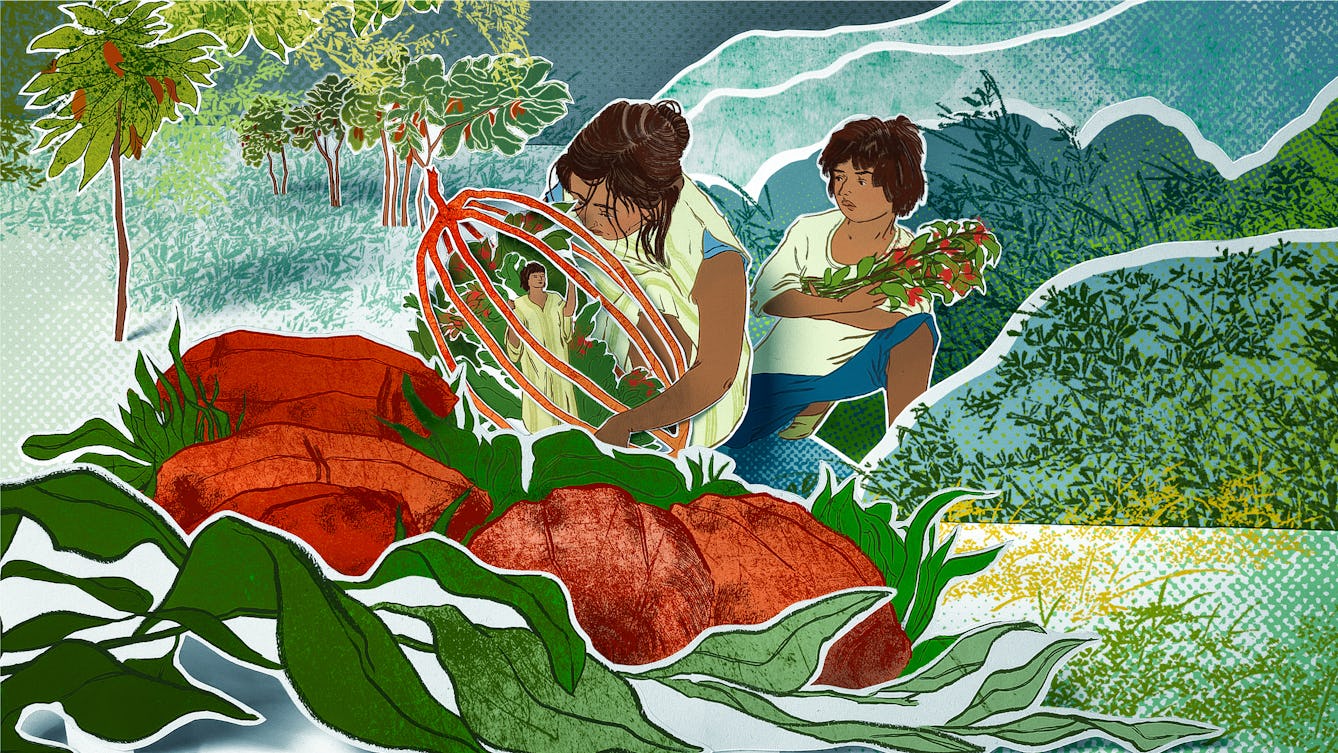
- Article
- Article
How Indigenous insight inspires sustainable science
The forest of the Amazon Basin is inextricably bound up with the lives of the Indigenous peoples living there. Find out how they feel about the forest, use what it provides, and try to protect it from aggressive commercial exploitation.
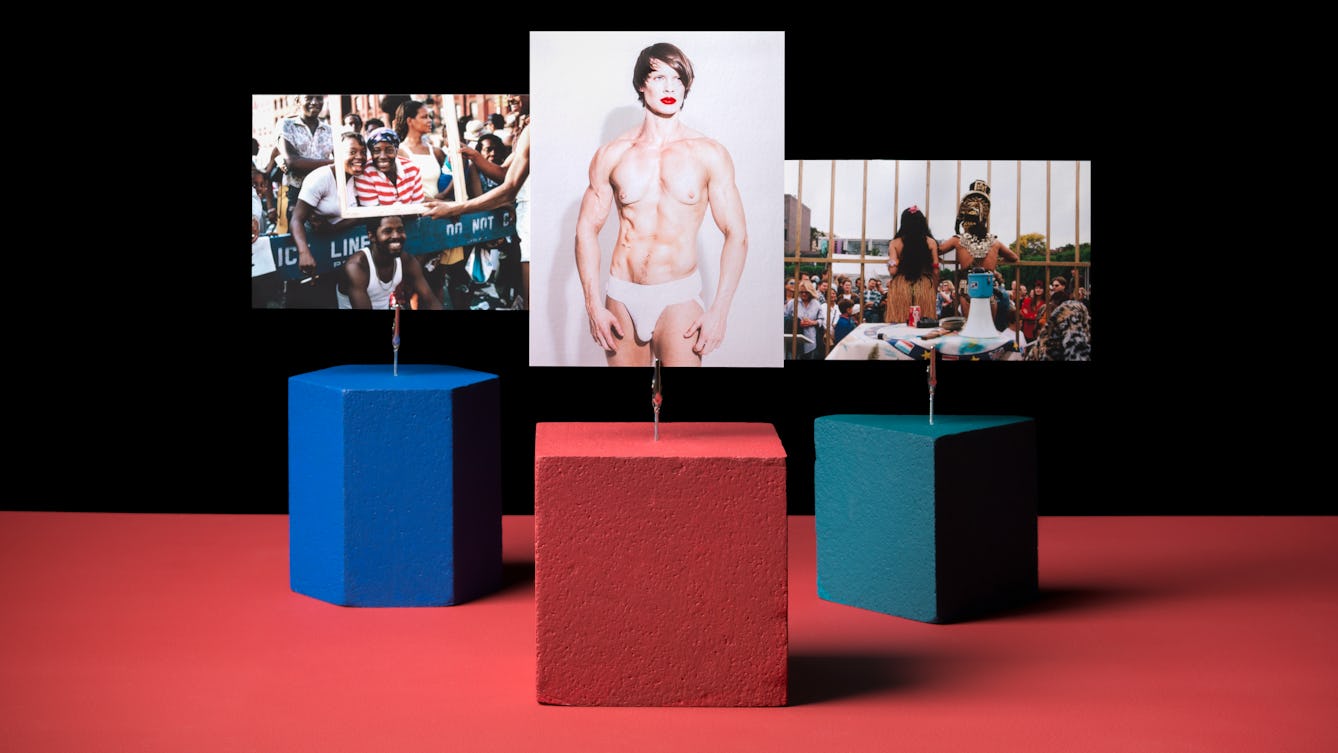
- Article
- Article
Performance art, frozen in time
For over a year, live performance art with an audience present has been largely impossible. But still images continue to allow artists in this sphere to inspire audiences at home.
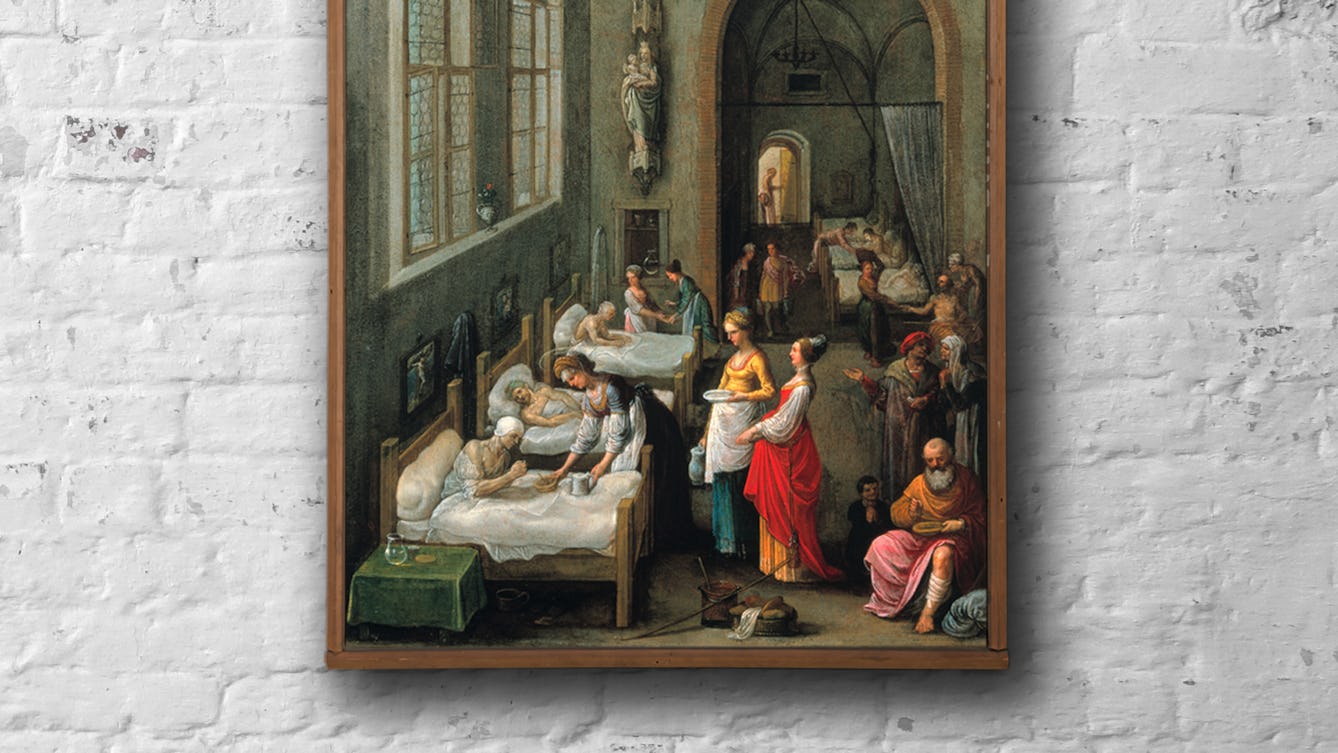
- In pictures
- In pictures
A history of art in hospitals
Art historian Anne Wallentine examines art in hospital settings – from its Christian devotional origins to its healing role in modern healthcare buildings.
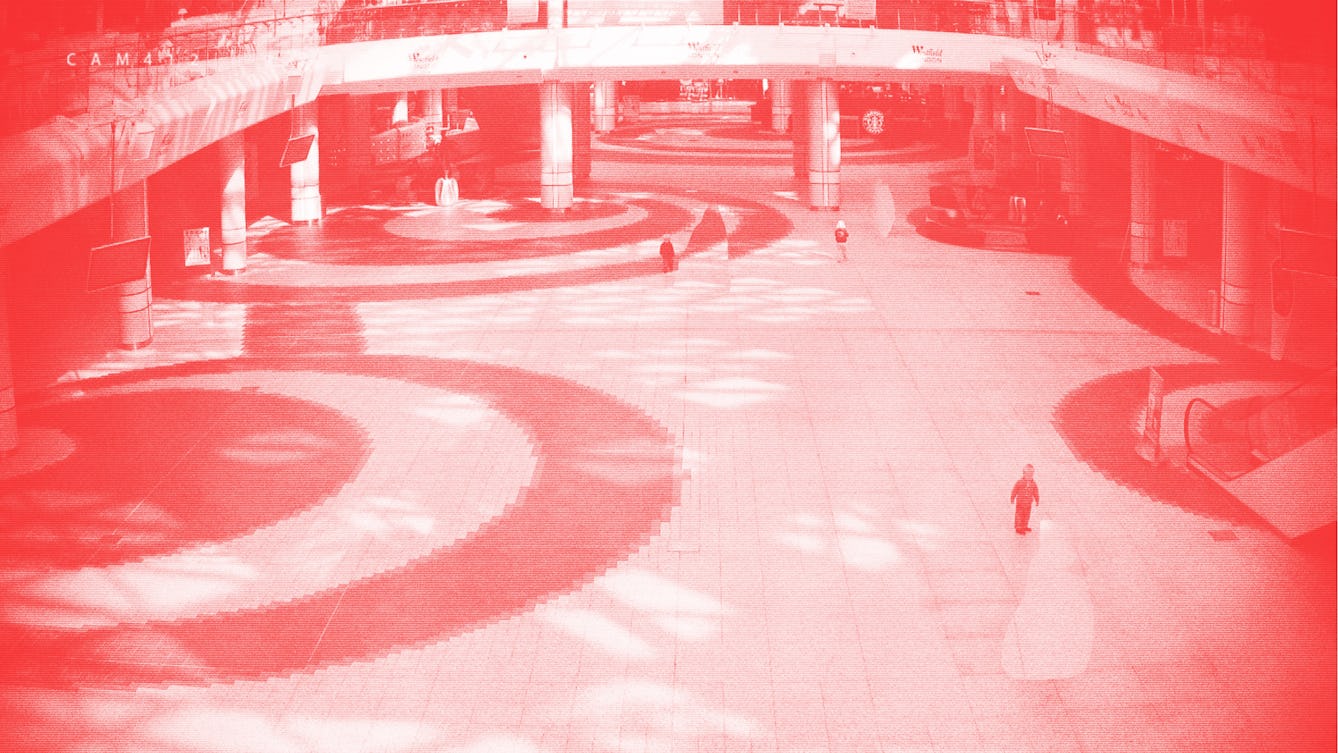
- Article
- Article
Is fake news killing fictive art?
Parafictional artists create projects where the imaginary interacts with real life. But the growth of so-called ‘fake news’ is providing a new challenge.

- In pictures
- In pictures
Following the maker’s path into the lost art of medieval embroidery
Textile maker Jacqui Carey unravels the mysteries of medieval embroidery by recreating the materials and techniques for herself, with the help of clues left by the original makers.
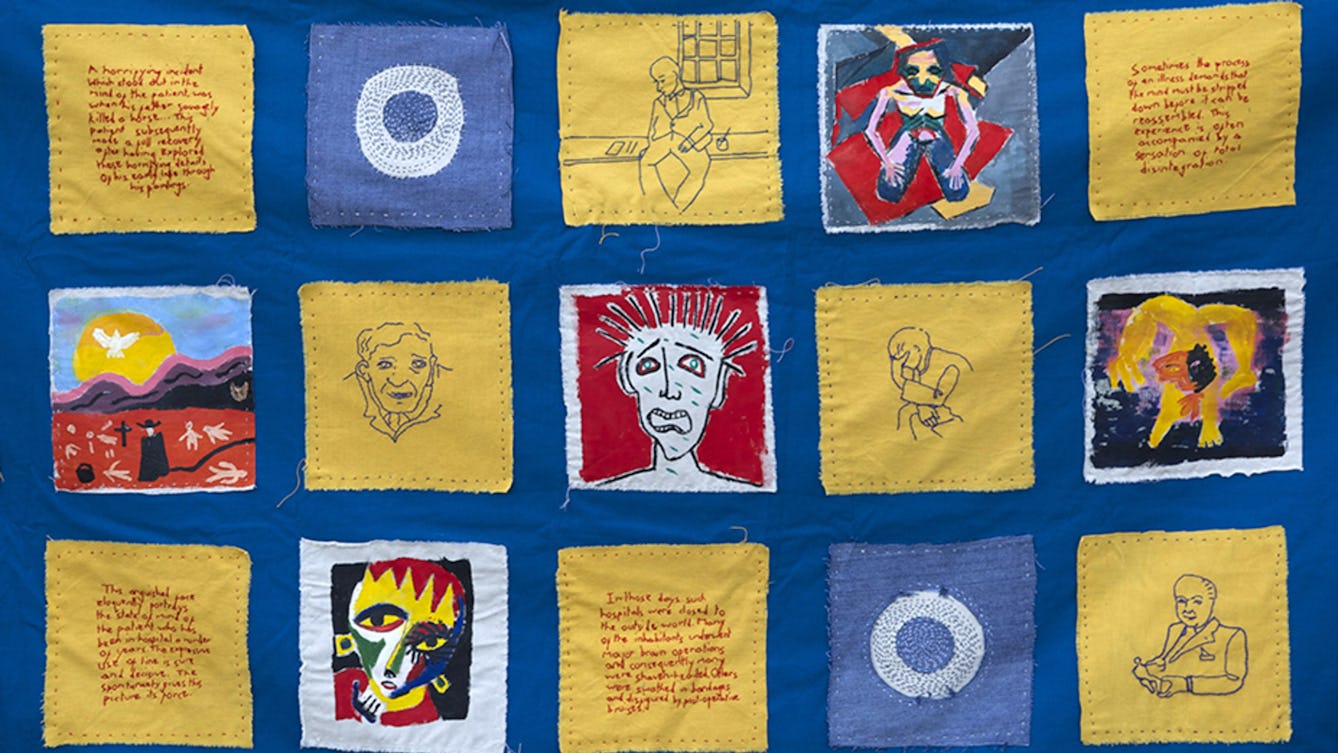
- Article
- Article
A reflection on art in a mental hospital
Artist Beth Hopkins explains how she used her experience of researching the Adamson Collection to create an embroidered wall hanging.
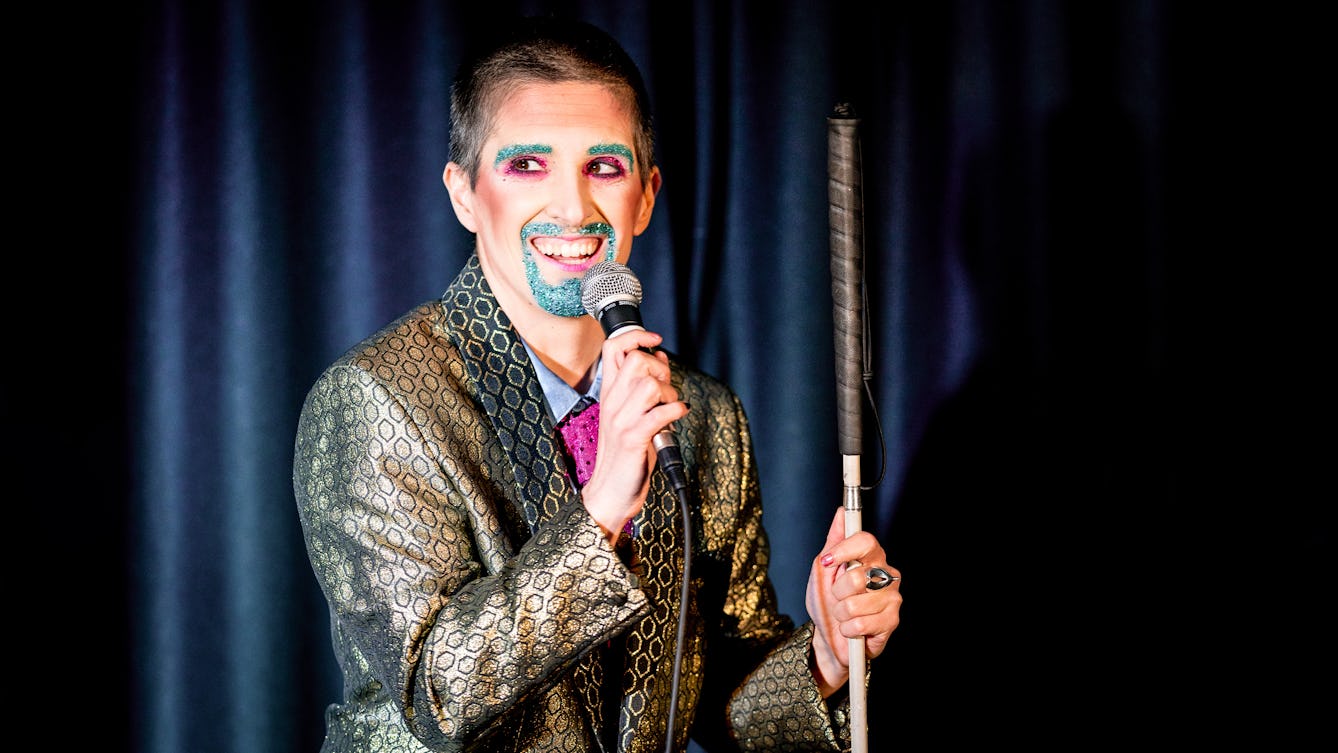
- Article
- Article
The politics and power of audio-description
Traditional theatre audio-description often lets down artists and audiences. But, done well, it has the potential to be a force for creativity as well as accessibility.

- Article
- Article
Disabled musicians and the fight to perform
Music might be the universal language, but unfortunately it doesn’t come with universal access. London-based artist Miss Jacqui discusses the barriers to her career with Jamie Hale.